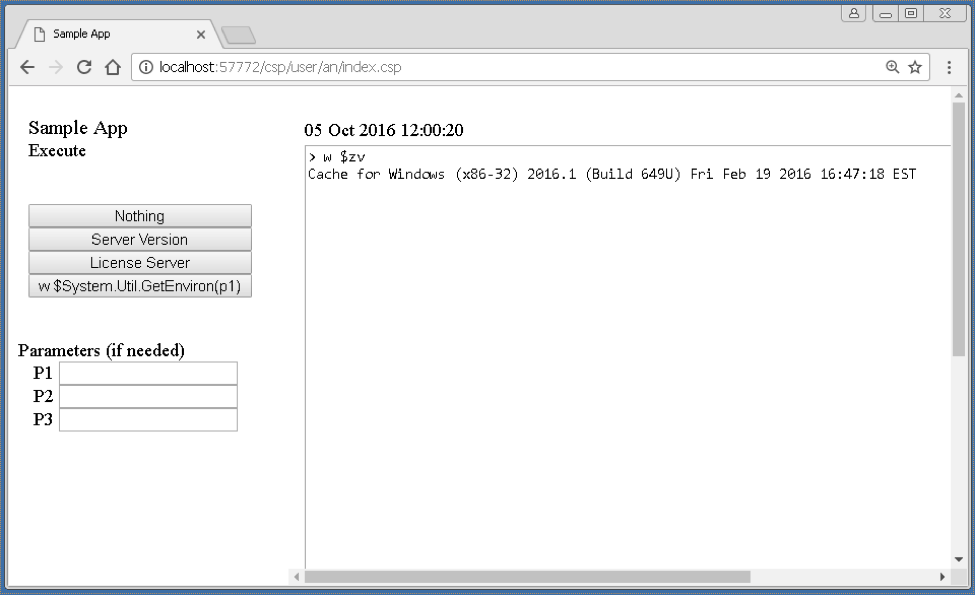Here you have an easy way to write and execute COS code from your unix scripts. This way one does not need to write routines or even open Studio or Atelier. It can be an option for simple and small actions for instance things like installation tasks or compiling.
See sample bash script (compile.sh) to compile classes:

